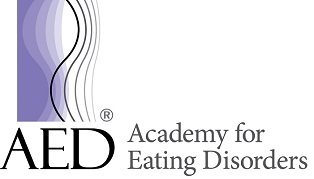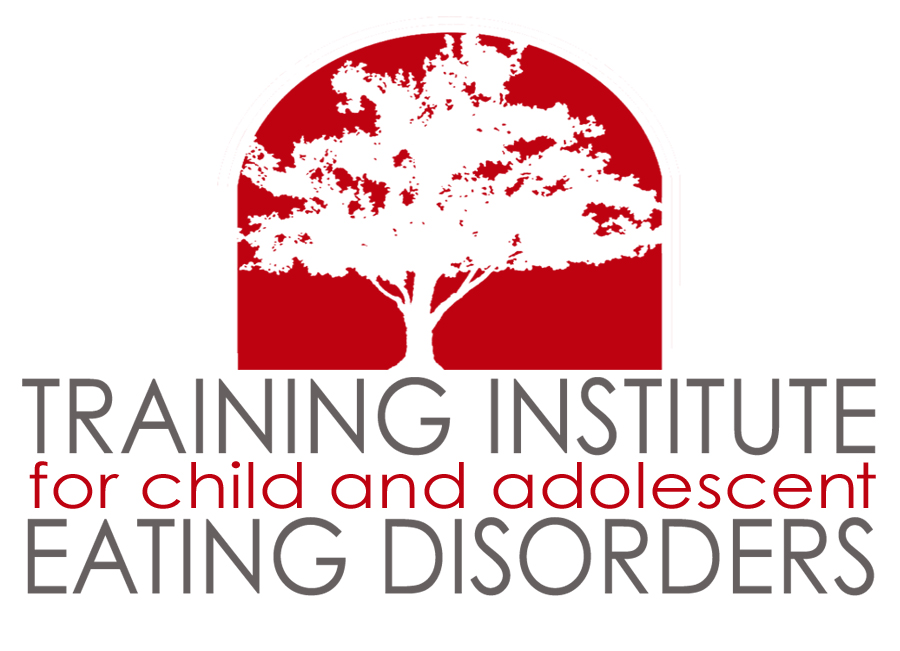What is Obsessive Compulsive Disorder?
Obsessive Compulsive Disorder (OCD) is characterized as a chronic long-lasting disorder where an individual has uncontrollable recurring thoughts and/or behaviors. The compulsions and obsessions become time-consuming and/or cause significant distress for the individual. They may find it hard to function in important areas in their lives, such as, social or occupational settings. OCD symptoms do not come from physiological effects of a substance; such as drug or alcohol abuse and medication. When clinicians are identifying OCD they have to take into consideration other mental disorders as symptoms can be similar. However, the disturbance itself cannot be better explained by another disorder.
In order to fully understand the disorder it is important to know the difference between obsessions and compulsions. We will outline them below:
OBSESSIONS:
- Persistent intrusive and unwanted thoughts, urges, or images experienced during some point of the disturbance that causes the individual anxiety and distress.
- Attempting to ignore or suppress the intrusive thought, urges, or images. In some cases, trying to neutralize them through compulsions.
COMPULSIONS:
- Repetitive behaviors such as:
- Ordering
- Checking
- Handwashing
- Mental acts such as:
- Counting
- Repeating words or phrases internally
- Praying
The individual will perform these acts in the hope to prevent or reduce anxiety or distress. However, the acts become excessive and do not work in the way they were intended. It is important to note that children may have difficulty articulating the reasoning behind their mental acts or behaviors, but this does not mean that they cannot develop OCD.
Symptoms of Obsessive Compulsive Disorder
Symptoms of OCD can vary in severity and look different for obsessions and compulsions. They do not respond to logic and the individual can exemplify feelings of annoyance, irritability, panic, discomfort, disgust, and distress when feeling out of control. Below we have outlined symptoms to look out for a loved one or yourself:
OBSESSIONS:
- Fear of contamination
- Fear of harm to loved ones or oneself
- Excessive sense of responsibility to prevent danger
- Intrusive recurring thoughts and images of violence, sex, and catastrophes
- Excessive obsession with exactness, orderliness, symmetry, illness, morality, and religion.
- The need to know things and remember them
COMPULSIONS:
- Excessive focus on hygiene (showering, brushing teeth, washing hands)
- Excessive cleaning
- Excessive checking of safety (locks and appliances)
- Repetitive routine of actions/activities
- Repetition of words and phrases
- Counting, tapping, and touching in a routine way a certain number of times
- Rules and patterns applied to inanimate objects
Causes and Risk Factors
While research is ongoing as to what causes OCD, there are several theories. Because compulsions are learned behaviors, when associated with relief from anxiety they become excessive among other reasons. Due to the obsessions being disconnected from reality the beliefs reinforce and maintain symptoms.
We will break down other causes and risk factors associated with obsessive compulsive disorder below:
GENETICS
Studies show that genetics are a risk factor. Individuals with a family history of OCD are more likely to develop it than those who do not. Individuals with first-degree relatives that have OCD, such as parents and siblings, have a higher risk of developing it. Furthermore, If the first-degree relative developed OCD as a child or teen the risk is higher. Research on genetic associations to OCD are ongoing, hoping to provide more insight on how to combat the disorder.
BRAIN DEVELOPMENT
Imaging studies show differences between individuals with OCD and those who do not have it in the frontal cortex and subcortical structures of the brain. The frontal cortex is associated with key functions such as consciousness, communication, memory, motivation, attention, and decision making. Similarly, the subcortical structures of the brain are closely associated with complex activities such as memory, emotion, pleasure, and production of hormones. Chemical abnormalities can also be found from individuals with obsessive compulsive disorder.
ENVIRONMENT
Growing up in a household with an individual who has OCD can later affect the individual. The routine and exposure to compulsive behaviors and obsessions can be mimicked in their own life. For instance, a child who is exposed to a strict regimen of extreme cleaning may find it difficult to adjust on their own or with a partner later in life especially if they themselves develop OCD.
Negative Health Effects
You or a loved one will be subject to a reduced quality of life in the event the symptoms of OCD cannot be managed. The following negative short and long term health effects can be experienced:
- development of other mental health disorders such as depression and anxiety
- Increased risk of substance abuse
- Suicidal thoughts when feeling out of control
Treatment Options
Clinicians use medication and/or psychotherapy to treat symptoms of OCD depending on the severity and responsiveness of the individual’s treatment plan. While OCD can be treatable, some individuals continue to have symptoms. It is also not uncommon for them to also have other mental disorders. Anxiety, depression, and body dysmorphia, are important mental disorders to consider when considering treatment options.
PSYCHOTHERAPY:
The most common type of psychotherapy used to treat OCD is cognitive behavioral therapy (CBT). More specifically, Exposure and Response Prevention (EX/RP) is helpful in reducing compulsive behaviors in individuals who have trouble responding to SRI medication. It pushes the individual to acknowledge their triggering situation, then prevents them from dealing with it through compulsion. Clinicians and patients will work together to find the right fit as treatment for mental disorders are usually personalized.
MEDICATION:
Clinicians use medication and/or psychotherapy to treat symptoms of OCD depending on the severity and responsiveness of the individual’s treatment plan. While OCD can be treatable, some individuals continue to have symptoms. It is also not uncommon for them to also have other mental disorders. Anxiety, depression, and body dysmorphia, are important mental disorders to consider when considering treatment options.
How We Treat
Resilience DBT & Eating Recovery are a team of Outpatient Therapists in New Jersey, Florida, Maryland. If you or a loved one suffers from obsessive compulsive disorder, we are here to help. Our team of dedicated specialists and clinicians strive to help anyone suffering come out on the other end with viable tools for long term success. Do not give up, a full recovery is within your grasp. The first step starts here!
How do I begin?
Our team is dually and expertly trained in the Treatment of Eating Disorders and DBT for Mental Health. Our Evidenced-Based approaches include FBT, CBT-E, DBT-ED, and Comprehensive DBT for co-occurring mental health conditions. Our outpatient practice has helped Children, Teens and Adults achieve full Eating Disorder Recovery and Mental Health Stability for over 25 years.
1
Schedule your 15 minute free phone consultation
This phone screening is highly confidential to help determine if coming to the Resilience practice is the best course for you or your loved one.
2
Complete an Expert and Comprehensive Intake
During your intake appointment we will gather more information to identify your stressors and needs. And work with you to develop your resilience treatment plan.
3
Get connected with Your Personalized Care Team
Meet with a practitioner to get started on your journey of healing and wellness you know you deserve.









